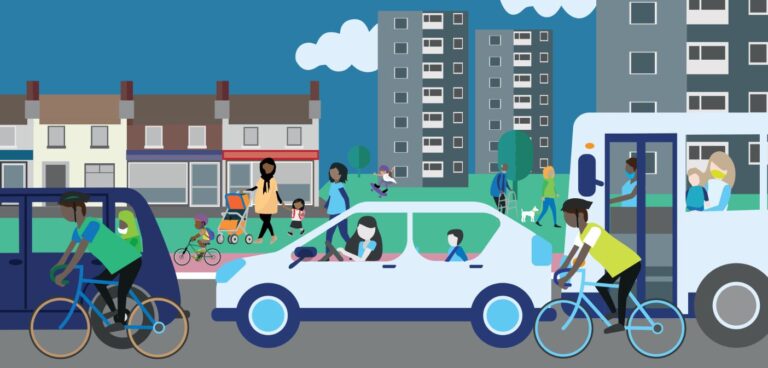Bristol City Council has agreed its final proposals for a clean air zone (CAZ) to help reduce air pollution in the city.
The council’s cabinet approved the full business case for the CAZ, which will now be submitted to the UK government.
A Small CAZ D, which covers a small area of central Bristol, is due to be implemented from October 2021. The council said it opted for this type of CAZ because it “offers a balance between the most effective impact to change behaviours and improve air quality and the need to support businesses as much as possible”.
The Small CAZ D is estimated to deliver compliance with legal limits for air pollution by 2023, much sooner than previous CAZ proposals. No vehicles are banned from entering the CAZ but older and more polluting vehicles will have to pay a £10 daily charge for travelling within the zone. Petrol vehicles newer than 2005 and diesel vehicles newer than 2014 are mostly exempt.
According to Bristol City Council, it is estimated over 71% of vehicles are already compliant and so only a minority of vehicles driving in the CAZ will be charged and in subsequent years this percentage will decrease as more people take advantage of available financial support to switch to a cleaner vehicle or a different mode of transport.
The full business case details the mitigations and exemptions that the council has proposed to support those most likely to be impacted by the proposals. Individuals earning less than £24,000 a year and no more than £12.45 per hour will be able to apply for a one year’s exemption and there will also be exemptions for hospital visitors.
The proposed exemptions are to allow time for people to take advantage of financial support to upgrade to cleaner vehicles, the council said.
“Reducing traffic in the inner zone will bring benefits to air quality and people’s health and can enable greater use of sustainable travel options such as walking, cycling and public transport,” said Melanie Watson, co-chair, Bristol Transport Board.
“We recognise that any restrictions and charges will affect different groups in different ways and welcome the proposed mitigations. There is a balance to achieve between incentivising changes to behaviours and not penalising certain communities or groups.”





